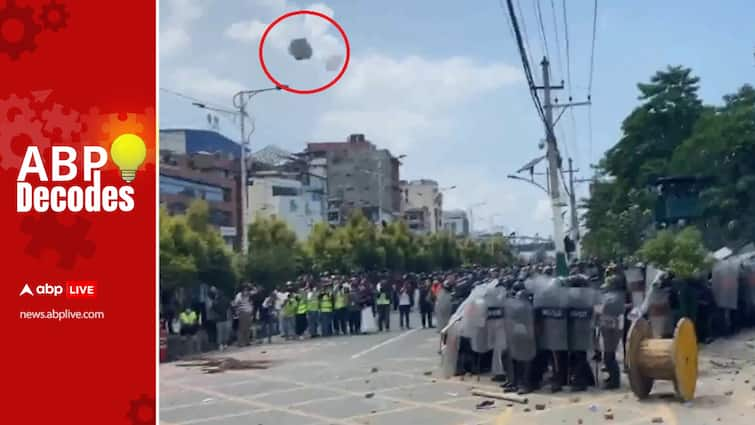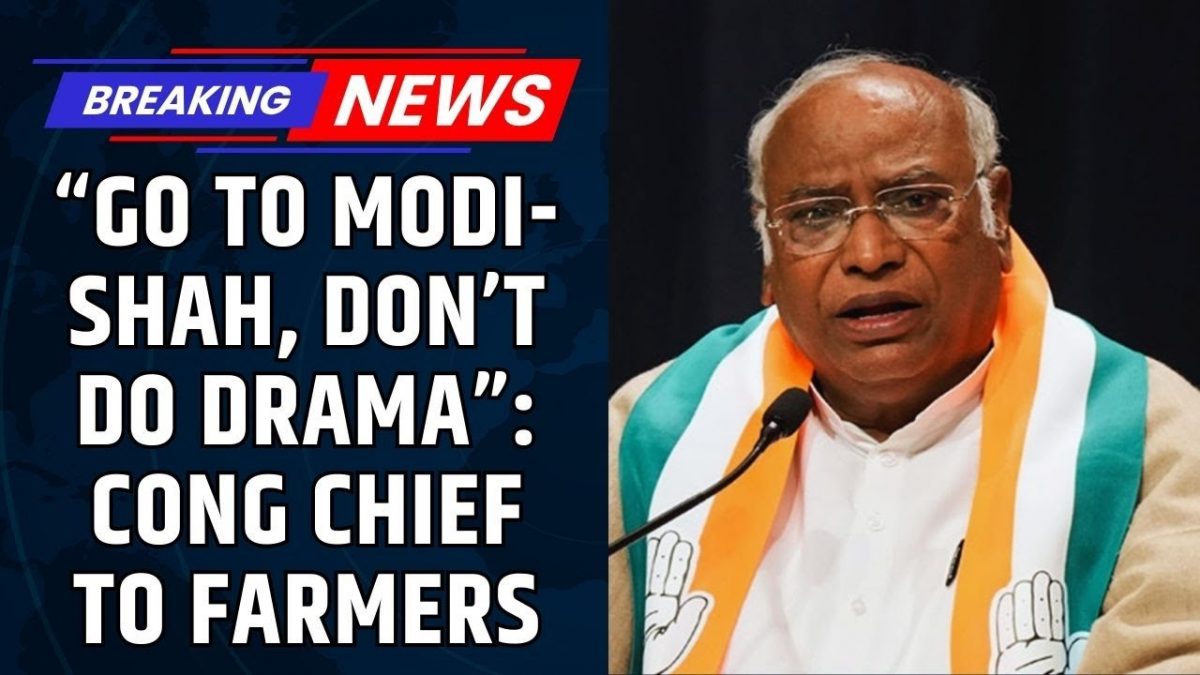Nepali youths have flooded the streets of Kathmandu in an unprecedented wave of protests, voicing vehement opposition to the KP Sharma Oli government’s alleged corruption and blanket bans on social media platforms. Their movement, dubbed Nepal’s ‘Gen Z Revolution’, marks the largest youth-led uprising in recent years.
The protests led to clashes with security forces, claiming at least one protester’s life and injuring around 80 people.
#WATCH | Nepal | Protest turned violent in Kathmandu as people staged a massive protest against the ban on Facebook, Instagram, WhatsApp and other social media sites, leading to clashes between police and protesters. pic.twitter.com/YWNj3R0wUG
— ANI (@ANI) September 8, 2025
Roots Of The Nepal Unrest
The unrest stems from the government’s disruption of digital freedoms. On September 4, authorities in Nepal abruptly blocked access to 26 major social media platforms, including Facebook, X (formerly Twitter), WhatsApp, YouTube, and Instagram, citing regulatory compliance issues.
Officials demanded that global tech companies register locally and appoint resident compliance officers. For many young Nepalis, these justifications ring hollow; they believe the bans are calculated moves to muzzle criticism and suppress dissent in a rapidly digitising society.
#WATCH | Nepal: Thousands of people protest in Kathmandu against the ban on Facebook, Instagram, WhatsApp and other social media sites, leading to clashes between police and protesters. pic.twitter.com/klrP1HRJQd
— ANI (@ANI) September 8, 2025
Protests Escalate In Kathmandu
What began as online outrage quickly spilled onto the streets, with thousands of youngsters marching to the Parliament, waving national flags, and singing the national anthem to signal unity and defiance. Calls for transparency and good governance echoed through the capital, as protestors chanted against both corruption and censorship.
The government responded by imposing a strict curfew covering Parliament and key government buildings.
#WATCH | नेपाल सरकार के सोशल मीडिया प्लेटफॉर्म पर बैन का जोरदार विरोध, युवाओं का प्रदर्शन हुआ उग्र@romanaisarkhan | @neeraj_rajputhttps://t.co/smwhXURgtc #NepalParliamentProtest #GenZInParliament #SocialMediaBanNepal #Nepal pic.twitter.com/yzXw9a0UWZ
— ABP News (@ABPNews) September 8, 2025
What Are The Nepal Protesters Demanding?
The main demands of the protesters in Kathmandu are centred on two key issues: ending rampant government corruption and opposing the sudden shutdown of social media platforms.
Young demonstrators, primarily from the Gen Z generation, have called for transparency, accountability, and respect for digital rights, insisting that the government’s blocking of 26 popular social media sites was an attempt to silence dissent rather than a legitimate regulatory move.
Additionally, many protesters voiced their frustration against the entrenched corruption that they believe has crippled governance and development in Nepal.
Protesters made no secret of their deep frustration. “We were triggered by the social media ban, but that is not the only reason we are gathered here,” protest leader Yujan Rajbhandari (24) was quoted as saying by news agency AFP. Another protester, 20-year-old Ikshama Tumrok, described the government’s stance as “authoritarian” and insisted that young Nepalis are determined to “see change” in their lifetime.
Nepal’s Parliament under siege.
Youth in thousands marching in Kathmandu.
Corruption + social media ban pushed Gen Z over the edge.
Ex-King Gyanendra’s speech now fuels the unrest.
Delay by Govt could open doors to Monarchy & Hindu Rashtra. ✊🇳🇵 https://t.co/awHSc6UCkt pic.twitter.com/XsGfZrs1jA— Anurag (@Jhunjhunuwala_) September 8, 2025
Impact of Nepal Protest
These protests have come under international limelight for their grassroots energy. The youth organisers, generally unaffiliated with political parties, have drawn widespread support, including that of Kathmandu’s mayor, Balen Shah., However, they remain cautious of political co-optation.
So far, the youth’s protest and the government’s stance have resulted in a deadlock. It remains to be seen if the KP Sharma Oli government bows to youth power or if the protesters agree to a compromise.



